|
|
Beneath
you'll find the detailed facts of each of the 27 EU member states (will be largely
extended in time):
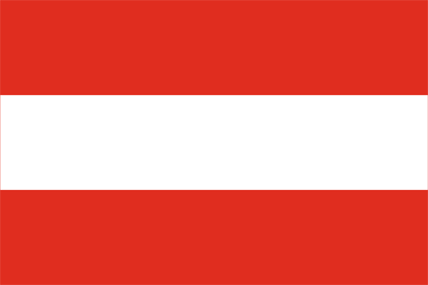 Austria
Austria

-
Captal: Vienna
-
Official Language: German
-
Accession to the EU: January 1, 1995
-
Area: 83,870
km² (32,378 square miles)
-
Population: 8.2 million
-
GDP (nominal): $ 307 billion; per capita $ 37,117
-
Currency: Euro (€)
-
Domain names: ending with .at
-
Calling Code: +43
-
Most important trading partners: Germany, Switzerland,
Italy, Belgium, Japan,
Czech
Republic, Slovakia, Hungary, United Kingdom,
United States, Sweden, The Netherlands, France,
Iraq
-
Important
Export Articles: raw materials, chemicals,
machinery and equipment, means of transport, factory products,
iron, steel- and metal products, paper, textiles,
wood (products), clothing, dairy
-
Important
Import Articles: food, fuel, chemicals,
consumption goods, electric products,
machinery and equipment, means of transport, textiles, raw
materials, petrol
-
Business Habits: you must call or fax before you
visit a company. Leave a business card at the
reception, at the secretary of the most important
person you dealt with and give also your
business card to every person
you have spoken with. Translate your
correspondence and information of your company
and products
in German. At the first business meeting it is
not done to speak about business in general.
Visit your business partner several times a year.
It is uncommon to do business during a first
visit. If you are invited to a business partner
at home, take flowers with you.
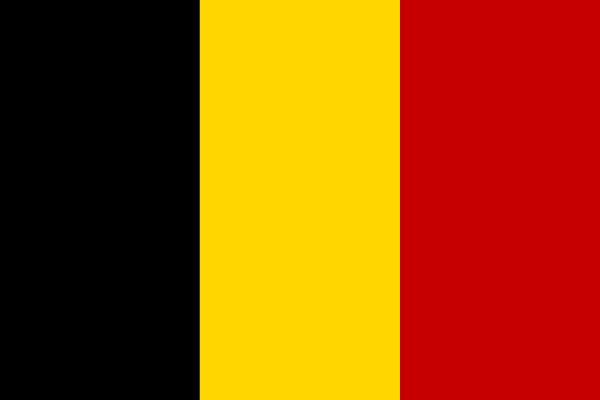 Belgium
Belgium


- Capital:
Brussels
-
Official Languages: Dutch, French and German
-
Accession to the EU: March 25, 1957
-
Area: 30,528
km² (11,787 square miles)
-
Population: 10.5 million
-
GDP (nominal): $ 316 billion; per capita $ 31,400
-
Currency: Euro (€)
-
Domain names: ending with .be
-
Calling Code: +32
-
Most important trading partners: Germany, The
Netherlands, France, Italy, Japan, Switzerland, United States, United
Kingdom, Saudi arabia
-
Important
Export Articles: base metals, noble metals,
machinery and equipment, electric products, chemicals, articles of food, glass, iron,
steel, textiles
-
Important Import Articles: metals, minerals,
fuel, petrol, wool, copper, grains, means of transport, consumption
goods, diamonds, chemicals
-
Business Habits: Belgium has 2 language borders,
a dutch part, a french part and a german part, so it is important to
know what is the official language of the area. Your documentation and
also business cards should not be in multi-languages. Belgian people are
less punctual and you can not claim them for a long period. You must
give a hand to your conversation partners at the beginning and at the
end of the conversation. Avoid making political statements and
discussing the language borders. For Belgian business people it is
important to have a good coöperation and relationship. Business lunches
play an important role. If you are invited by your business
partner at home (very rare), give flowers or chocolates to the hostess.
Also a present, given to business acquaintences, is very common (with a
logo of your company).
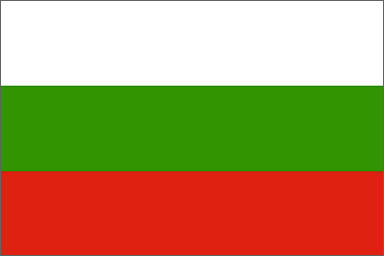 Bulgaria
Bulgaria


-
Capital:
Sofia
-
Official Language: Bulgarian
-
Accession to the EU: January 1, 2007
-
Area: 110,910
km² (42,823 square miles)
-
Population: 7.7 million
-
GDP (nominal): $ 27 billion; per capita $ 4,800
-
Currency: Lev
-
Domain names: ending with .bg
-
Calling Code: +359
-
Most important trading partners: Russia,
Macadonia, Germany, Greece, Italy, Ukrain,
Turkey, The Netherlands
-
Important
Export Articles: articles of food, rose oil,
dairy products, wine and liquor, tabac,
machinery and equipment, chemicals, raw
materials, minerals, metals
-
Important Import Articles: farm machinery and equipment, fuel, living
cattle, metals, minerals, raw materials,
vegetable foods
-
Business Habits: often you do see women in government positions.
Bulgarian do speak different languages. Outside
Sovia they often only speak Bulgarian. The way
of doing business is indirect and time consuming.
A contract is a statement of relationship, more
valued than a legal appointment. Important:
Bulgarian people are very friendly but check
whether a 'yes' really means a 'yes'. If they move their head
for a short time backwards it means 'no'.
Bulgarian people are bargain hunters and they often
calculate prices too high. Do not talk about
Gipsy people, Turkish people and non Bulgarian
Orthodox-people, these are very sensitive
issues. The people still have communistic
characteristics. Bulgarian people do have
Eastern European drinking- and smoking habits.
Make sure you arrange an astray. Do not refuse
to drink alcoholics with your business partner.
Give flowers in odd numbers because even numbers
apply for funerals.
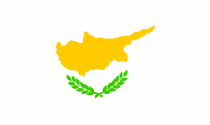 Cyprus
Cyprus

- Capital:
Nicosia
-
Official Languages: Greek and Turkish
-
Accession to the EU: May 1, 2004
-
Area: 9251
km² (3,572 square miles)
-
Population: 855.000
-
GDP (nominal): $ 24 billion, per capita $ 31,053
-
Currency: Cipriot Pound
-
Domain names: ending with .cy
-
Calling Code: +357
-
Most important trading partners: France, United Kingdom, United States Greece,
Italy, The Netherlands, Germany
-
Important
Export Articles: articles of food, cotton, fruits, copper, paper,
electric goods, petrol, chemicals,
textiles, mineral fuels and oils, pharmaceutical
products
-
Important Import Articles: mineral fuels and
oils, vehicles, machinery and equipment, iron, steel
-
Business Habits:
personal
relationships for the Cypriot people are very
important.
Contracts
are crucial in Cyprus, and Cypriots will keep to
every single detail of it.
In general there are no special local
characteristics of business etiquette in Cyprus,
and Cyprus company law is based on UK law and is
therefore very similar. The Republic of Cyprus
is divided into the Turkish Cypriot-administered
area and into the Greek area controlled by the
Cyprus Government. Even though the official
languages are therefore Greek (Greek Cypriots
make about 81% of the population) and Turkish (about
11%), English is widely spoken.
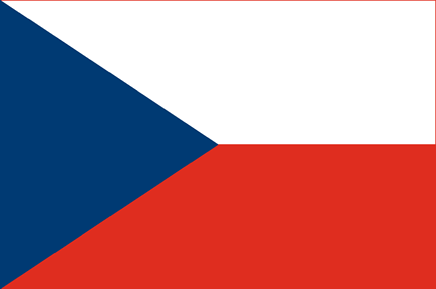 Czech Republic
Czech Republic
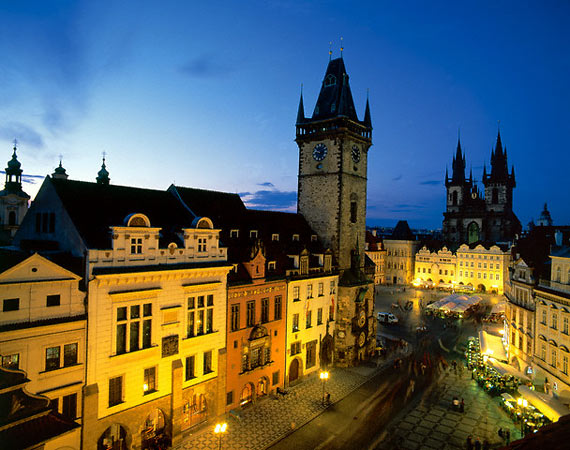

-
Capital: Prague
-
Official Language: Czech
-
Accession to the EU: May 1, 2004
-
Area: 78,866
km² (30,450 square miles)
-
Population: 10.3 million
-
GDP (nominal): $ 142 billion, per capita
$ 23,100
-
Currency: Czech Koruna
-
Domain names: ending with .cz
-
Calling Code: +420
-
Most important trading partners: Germany,
Slovakia, Russia, Austria, Italy, France, United
States, United Kingdom, The Netherlands, Poland
-
Important
Export Articles: articles of food, textiles,
chemicals, clothing, porcelain and ceramics,
fish, hops, mineral water, electric goods
-
Important Import Articles: wood, metals,
machinery and equipment, petrol, fuel, raw
materials, means of transportation,
vehicles
-
Business Habits: doing business in the Czech Republic takes a lot of
patience and is very time consuming. There is
still a lot of bureaucracy and there are still
left-overs of communistic
characteristics. Business cards are very
important, stating academic titles will give
prestige. It is important to be on time on
business meetings, but be aware of the fact that
time-schemes not always are being made. Czech
are taking time knowing you better, favourably in an
informal sphere and at most outside of the office.
They don't like getting business presents, but giving flowers and cognac
will still be an option.
Important decisions are being made at top-level.
 Denmark
Denmark


-
Capital: Copenhagen
-
Official Language: Danish
-
Accession to the EU: January 1, 1973
-
Area: 43,094
km² (16,639 square miles)
-
Population: 5.5 million
-
GDP (nominal): $ 257 billion, per capita
$ 46,600
-
Currency: Danish Krone
-
Domain names: ending with .dk
-
Calling Code: +45
-
Most important trading partners: Germany, Sweden,
United Kingdom, Norway, The Netherlands, United
States, France
-
Important
Export Articles: meat, dairy products, fish,
eggs, machinery and equipment, means of
transport, fur, textiles, furniture, liquors
-
Important Import Articles: chemicals, thread,
clothing, paper, iron, steel, machinery,
vehicles, petrol
-
Business Habits: Danish business people are very punctual. Discussions
will be held in English at most. The most
important issue for Danish business people is
reliability with regard to the goods and the
delivery times. Make good documentations and give
answers to questions immediately. Do not make
appointments late in the afternoon, because
Danish people have a very strict time-schedule,
both men and women are working. 11.00 in the
morning is a good time for an appointment. If
you come over to the home of your business
partner, you have to bring
flowers or chocolates with you for the hostess.
Danish people are very formal during lunches and
they expect the same from you. Give a hand when
you leave and do often say the word tak (thank
you).
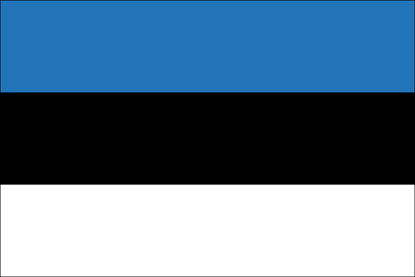 Estonia
Estonia
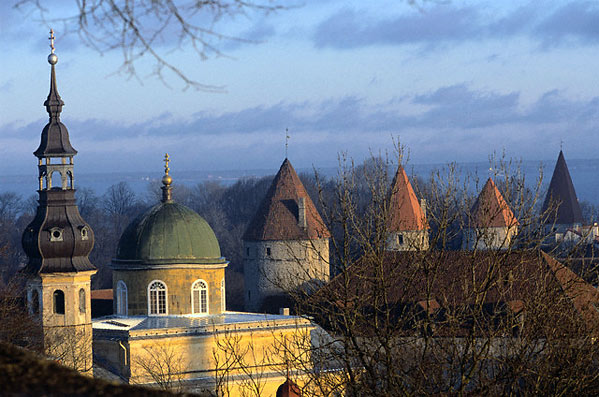
-
Capital: Tallinn
-
Official Language: Estonian
-
Accession to the EU: May 1, 2004
-
Area: 45,226
km² (17,413 square miles)
-
Population: 1.4 million
-
GDP (nominal): $ 13 billion, per capita $
18,216
-
Currency: Estonian Kroon
-
Domain names: ending with .ee
-
Calling Code: +372
-
Most important trading partners: Russia,
Finland, Sweden, Latvia, Germany, Lithuania,
Denmark, The Netherlands, Japan, Ukrain, United
Kingdom, United States, Italy
-
Important
Export Articles: textiles, articles of food,
wood and woodproducts, machinery and parts
-
Important Import Articles: machinery,
mineral products, textiles, articles of food
-
Business Habits:
if you do business in Estonia it is of great
importance to create a friendship based relationship.
Personal contact is a condition and you have to
let the same person of contact doing business. You have
to be specific and ask concrete questions. A
clear, powerfull and a purposal in brief is very
much appreciated and a prove of your business strength. In general Estonian people are
informal and like to do business with foreigners.
During business conversations it can be silent
at times. This is of common use to Estonion
people, so do not worry.
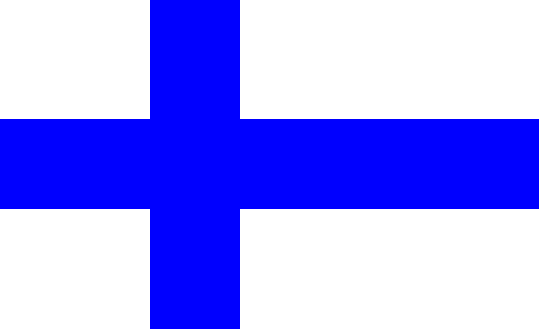 Finland
Finland
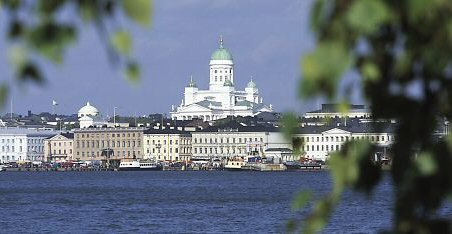

-
Capital: Helsinki
-
Official Languages: Finnish and Swedish
-
Accession to the EU: January 1, 1995
-
Area: 338,145
km² (130,588 square miles)
-
Population: 5.3 million
-
GDP (nominal): $ 194 billion, per capita $
40,197
-
Currency: Euro (€)
-
Domain names: ending with .fi
-
Calling Code: +358
-
Most important trading partners: Germany,
Sweden, United Kingdom, United States, Russia,
France, The Netherlands, Norway, Japan, Italy
-
Important
Export Articles: paper pulp, woodproducts,
glass, commodities, machinery, means of
transport, architectural products, textiles
-
Important Import Articles: vehicles, articles of food,
fuel, petrol, minerals, consumption goods
-
Business Habits:
Finnish business people are very punctual.
Finish people are friendly, modest but reserved
people. They like to do business right away and
do not like´small talks´in general. At the beginning of the
meeting you should give a hand and also when you
leave. Lunch meetings and also meetings in a
sauna are of common use. The standard business
language is English. Approach Finnish people by
mentioning their title. Business cards are of
a great importance. If your delivery is due, you
have to let this know immediately. High demands
are made for quality and reliability. Because of
the long winters, in the summer they
are slowing down. In July most businesses are
closed. Plan your visit between September and
May. The best days of the week for meetings are Monday till
Thursday.
 France
France
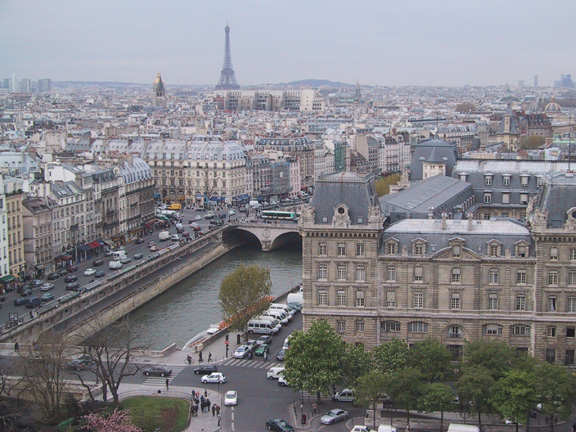

-
Capital: Paris
-
Official Language: French
-
Accession to the EU: March 25, 1957
-
Area: 674,843
km² (260,558 square miles)
-
Population: 64.1 million
-
GDP (nominal): $ 2,232 billion, per
capita $ 35,404
-
Currency: Euro (€)
-
Domain names: ending with .fr
-
Calling Code: +33
-
Most important trading partners: Germany,
Belgium, Luxembourg, Spain, Italy, United States,
Switzerland, United Kingdom, The Netherlands,
Japan
-
Important
Export Articles: machinery, machines, means of
transport, vehicles, iron, steel, articles of food,
tires, farm products, chemicals, final products, perfume,
haute couture, textiles, fabrics, wine, liquors
-
Important Import Articles: communication
equipment, electric products, petrol, fuel,
minerals, metals, tools, paper and paper pulp,
raw materials
-
Business Habits:
French business people are very punctual.
Mention your name and title if you come up with
proposals. French people welcome you with the
words ´Enchanté Monsieur/Madame´greet them
back with the same words. Speak to your business
partner with Monsieur/Madame
without mentioning his/her last name and speak
in French. French people speak in a very polite
way and do like it, if you will do the same. Never
send a registered mail to a Frenchman, this is
very humiliating. Leave a business card at the
reception and hand out one to your conversation
partner. When you are leaving, give everybody
which you have spoken to, a firm hand. Take your
time doing business with the French. Quality,
personal contact and good documatentation are of
great interest. Hierarchy in French business is
very strong. Business lunches are important, so take your time for it. During the
business lunches you will talk about business, but also about hobbies, vacation and culture. If
you are invited at home, bring some goods from
your own country, but certainly not wine. Send the
following day a short ´thank you´ notice.
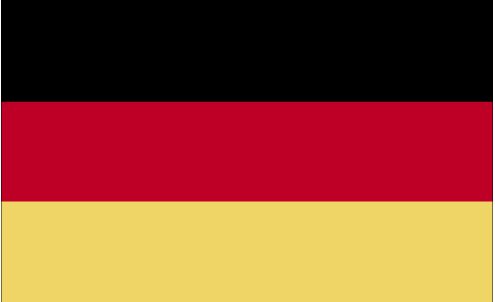 Germany
Germany

-
Capital: Berlin
-
Official Language: German
-
Accession to the EU: March 25, 1957
-
Area: 357,021
km² (137,858 square miles)
-
Population: 82.3 million
-
GDP (nominal): $ 2,890 billion, per
capita $ 35,072
-
Currency: Euro (€)
-
Domain names: ending with .de
-
Calling Code: +49
-
Most important trading partners: The
Netherlands, France, Italy, Switzerland, Austria,
United States, United Kingdom
-
Important
Export Articles: machinery, means of
transport, vehicles, iron, steel, chemicals,
electric products, punctuality products,
machines, tools, artificial menure, insecticide,
fuel, ships, clothing, textiles, liquors
-
Important Import Articles: petrol, fuel,
metals, farm products, meat, articles of food,
tires, wood, paper pulp, raw skins
-
Business Habits:
German business people are very punctual.
Speak to your business
partner with Frau/Fräulein
and mention his/her last name. Do not be on a
first-name basis unless you are invited to do so.
Mention only your last name. Leave always your
business card, even when the person you want to
speak to, is not present. German people like to
have the first contact by letter in statt of by
phone. The German people intend to behave
distant and formal. Negotiations are formal,
businesslike, accurate, and appointments will be very detailed
legally binded. Be very well
prepared before the meeting starts. After you
have known each other better, the conversations
will be more relax and confidential. If you have
a dinner with your business parner and he takes
his wife along, you should not talk about
business, but about sports and politics. Do not speak about the Second World War and neither
about personal issues. If you are invited at
home, give flowers (without paper) or bonbons for
the hostess. As a guest there will be expected
from you to make a sign of leaving, do not stay
too long. Give small presents in wrapping paper,
this is being appreciated as a sign of thanking
your business partner.
 Greece
Greece

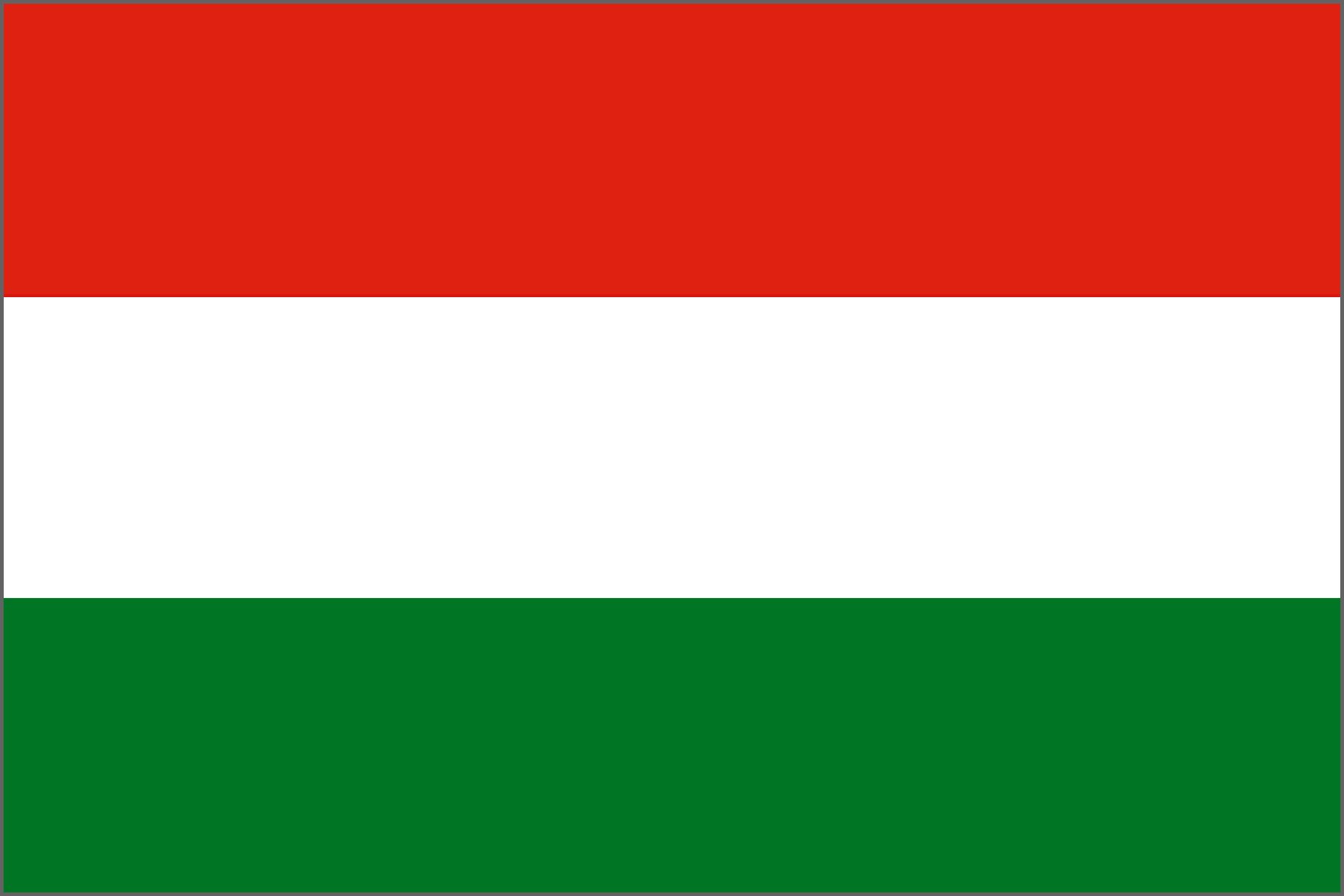 Hungary
Hungary

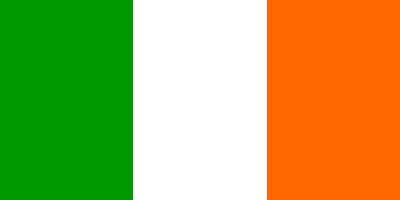 Ireland
Ireland

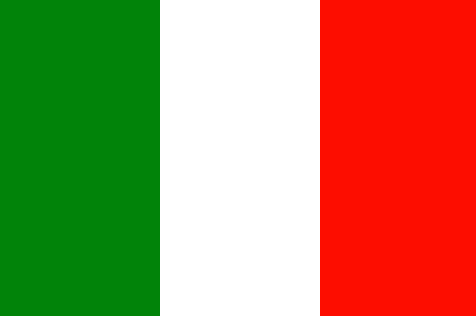 Italy
Italy

 Latvia
Latvia

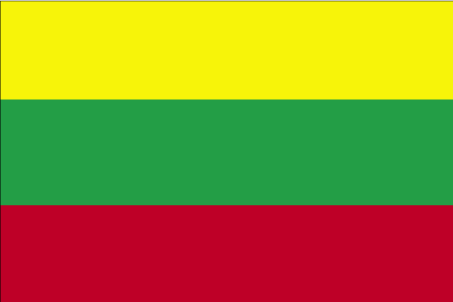 Lithuania
Lithuania

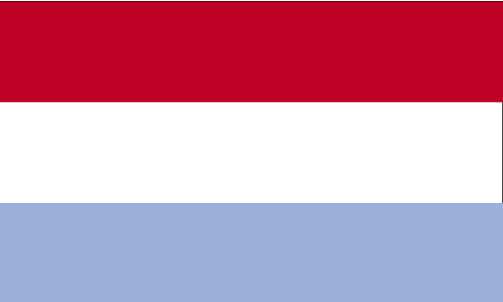 Luxembourg
Luxembourg

 Malta
Malta

 The Netherlands
The Netherlands
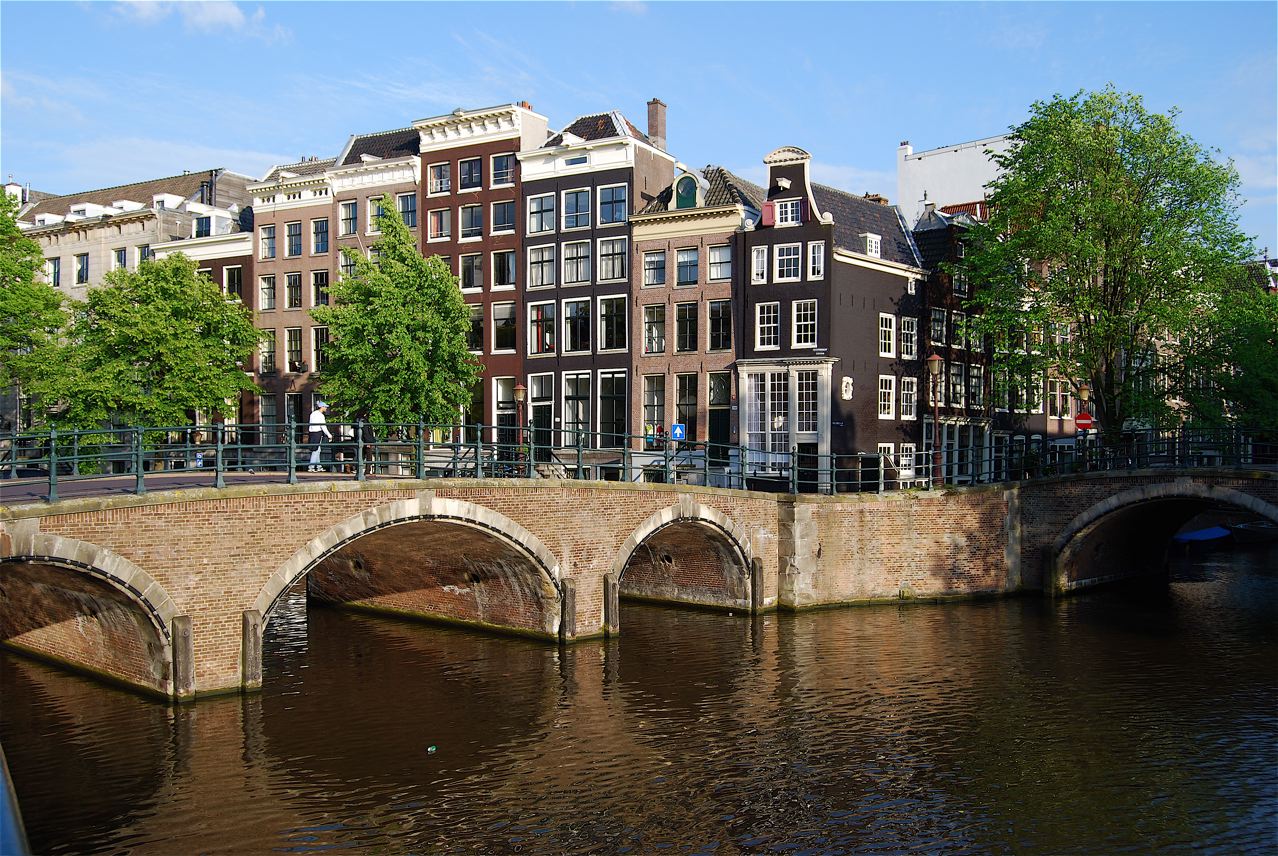
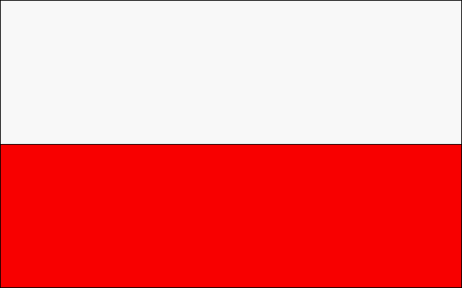 Poland
Poland

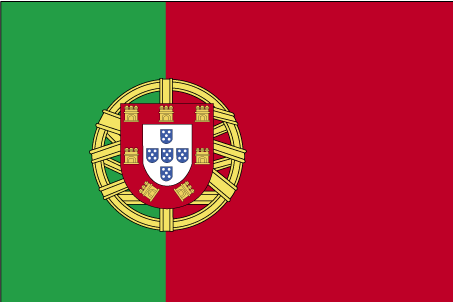 Portugal
Portugal

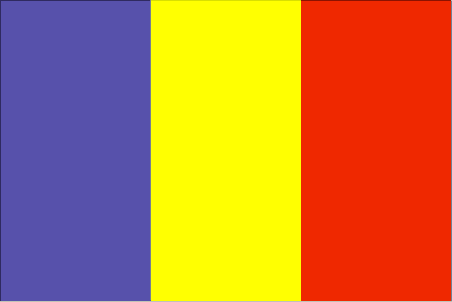 Romania
Romania

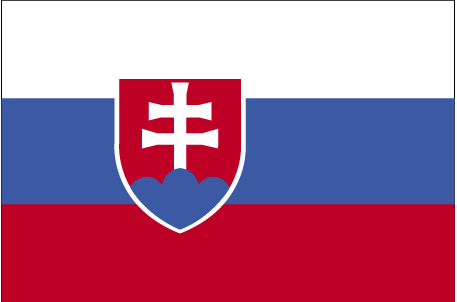 Slovakia
Slovakia
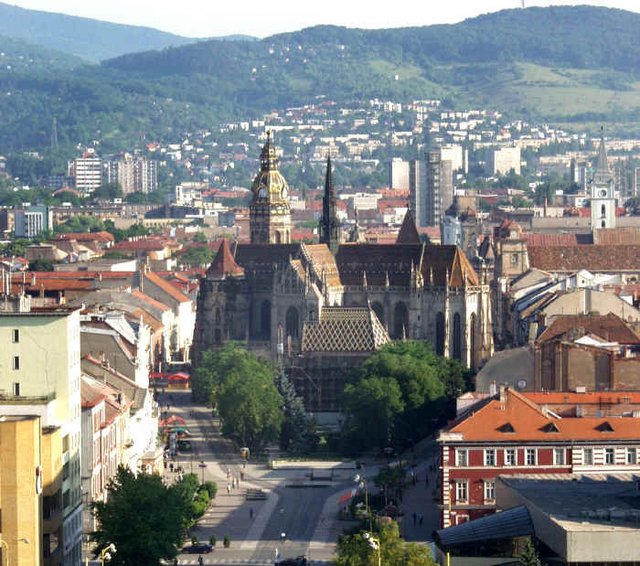
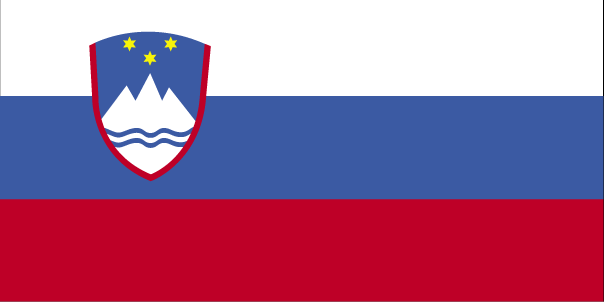 Slovenia
Slovenia

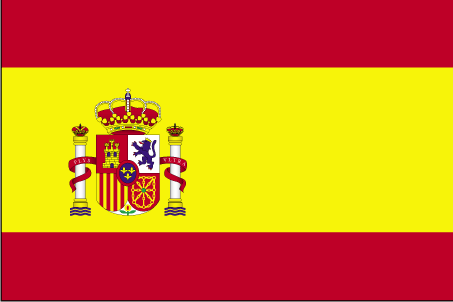 Spain
Spain

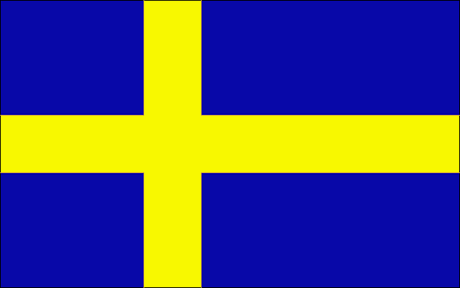 Sweden
Sweden

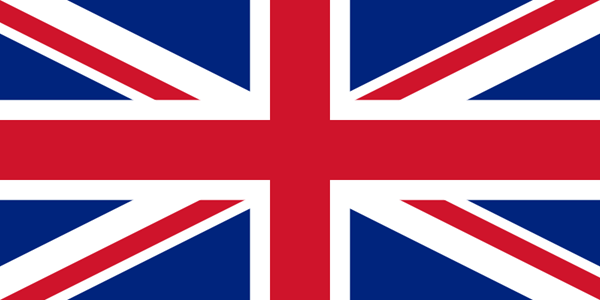 United Kingdom
United Kingdom

|  |
|